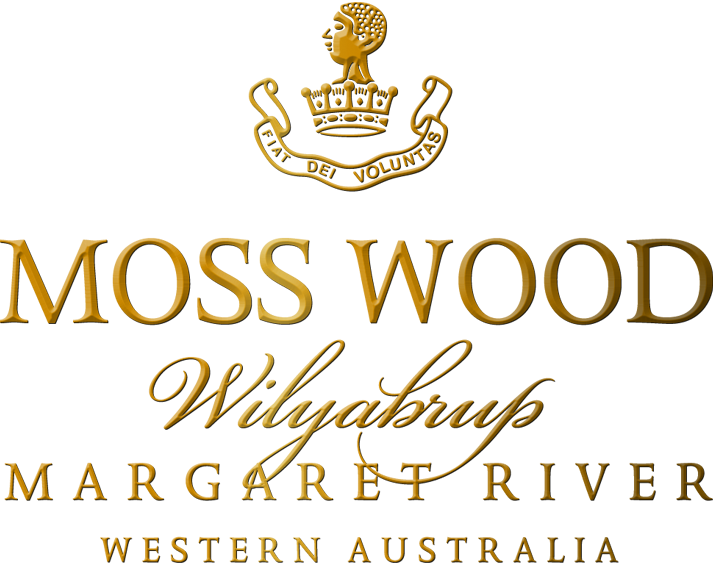Oxygen is not necessary for ageing bottled wine
MEDIA RELEASE
The Australian Closure Fund’s first study recipient proves that oxygen is not necessary for ageing bottled wine.
On February 1, 2005 Allen Hart, Southcorp’s Research & Development Winemaker, released the findings of his study into “the role of oxygen in the ageing of bottled wine” at an intimate presentation for the Wine Press Club of NSW WPC). Hart’s research was completed with the support of a $6,000 grant offered by the Australian Closure Fund (ACF), supported by the WPC (and in conjunction with Auscap, ACI and Grosset Wines). Jeffrey Grosset announced the formation of the ACF in November 2003 when he presented the inaugural Wine Press Club Lecture in Sydney.
Hart’s paper was based upon a combination of wide ranging research, Southcorp trials running since 1997 involving closures of varying permeability and more recent trials conducted in collaboration with the Australian Wine Research Institute on premium red wine sealed with varying closures and filled to different ullages of air space.
Hart concluded: “From this study it is apparent that oxygen was not a vital component for the ongoing evolution and maturation of these red wines after bottling. It is clear that access to small but measurable amounts of oxygen (eg synthetic closures), will accelerate the evolution and maturation of red wine through oxidative reactions. However, red wine will continue to evolve without measurable oxygen ingress via a closure, primarily through what is assumed to be anaerobic reactions. Some bottled wine may express ‘reductive’ characters in such an anaerobic environment, in contrast to the wine developing oxidised characters in a more aerobic environment (but the rankings indicated that these) are not considered commercially unacceptable.”
Commenting on Hart’s presentation, Grosset said “Allen Hart has, as a true researcher, stated that oxygen is not necessary ‘in their experience’. But when this is added to the weight of previous research we can now say with a high degree of confidence, that oxygen is not necessary for ageing bottled wine, red or white.”
On the subject of ‘reduced’ characters, both Hart & Grosset stated that they believed this is a winemaking, rather than a wine closure issue.
Grosset went on to state “This result has implications for wine closures. It tells us that the ideal closure for ageing premium wine is one of low and consistent or zero permeability. It also confirms that the most commonly used closures (cork and synthetic) are either too permeable and/or inconsistent. By contrast, closures are available that reliably meet these conditions. This research does not tell us whether minor improvements may be achieved by experimentation within the zero to low permeability range. The ACF has determined that it is possible to produce a closure of such precise permeability in Australia. However, further research in this area is required. In the meantime, setting aside marketing, aesthetic and other issues such as taint, this work supports the belief that, where quality is the number one priority, reliable and effective zero to low permeability closures are the obvious choice.”
In closing the presentation, Grosset said: “So, what does this research mean? It means that oxygen is not necessary for ageing bottled wine… and it reinforces the decision made by those premium producers who have chosen to use zero or low permeability closures on all wines, confident that they will age consistently. It confirms that choosing these types of closures is appropriate for purely quality reasons, for the sake of the wine, the wineries’ reputation and the consumer.”
Wine Press Club President Darren Jahn said that “The Club’s role was three-fold – to assist in the selection of the suitable candidate; to facilitate distribution and publication of the completed paper; and to provide a forum for discussion of the results.” He felt that the event “was a tremendous success – both well-supported and well-debated – which is true to our charter to provide a communications forum for the wine industry.”
ENDS
For further information please contact Jeffrey Grosset on 08 8849 2175.
The ACF wishes to thank its sponsors: Grosset Wines, the Wine Press Club of NSW, Auscap and ACI.
A copy of the paper is available from the Wine Press Club at www.winepressclub.com.au or Grosset Wines via info@grosset.com.au
